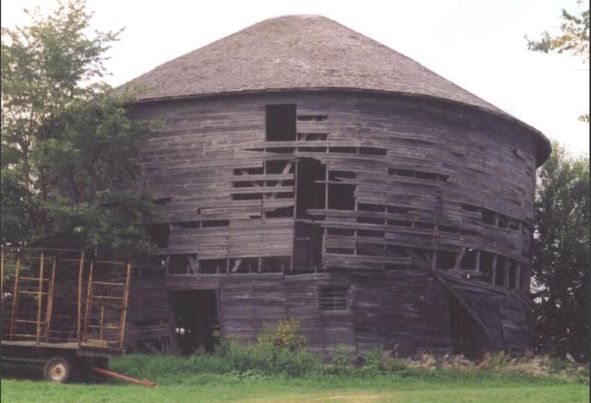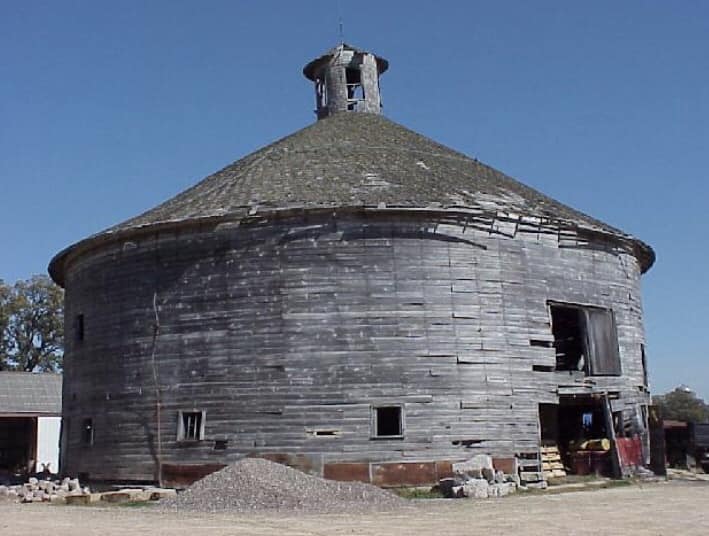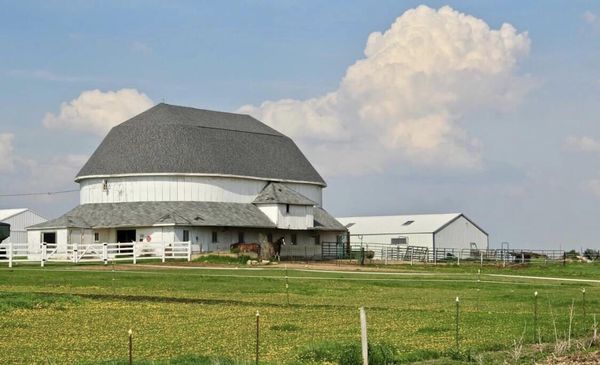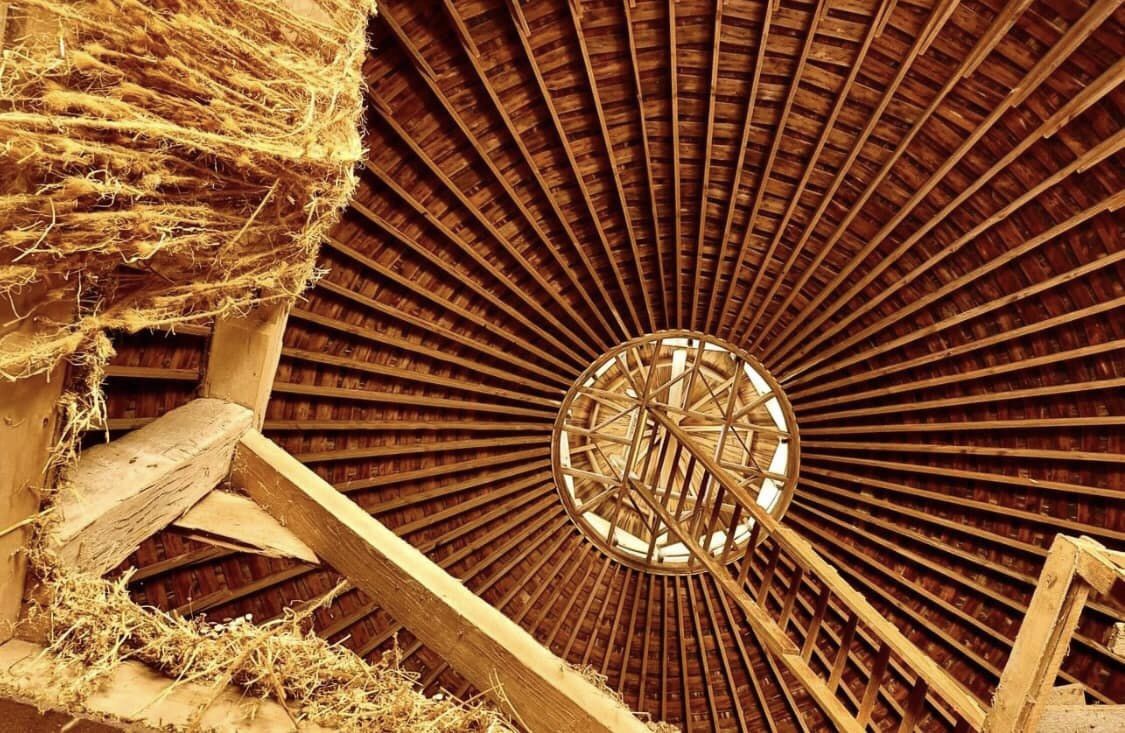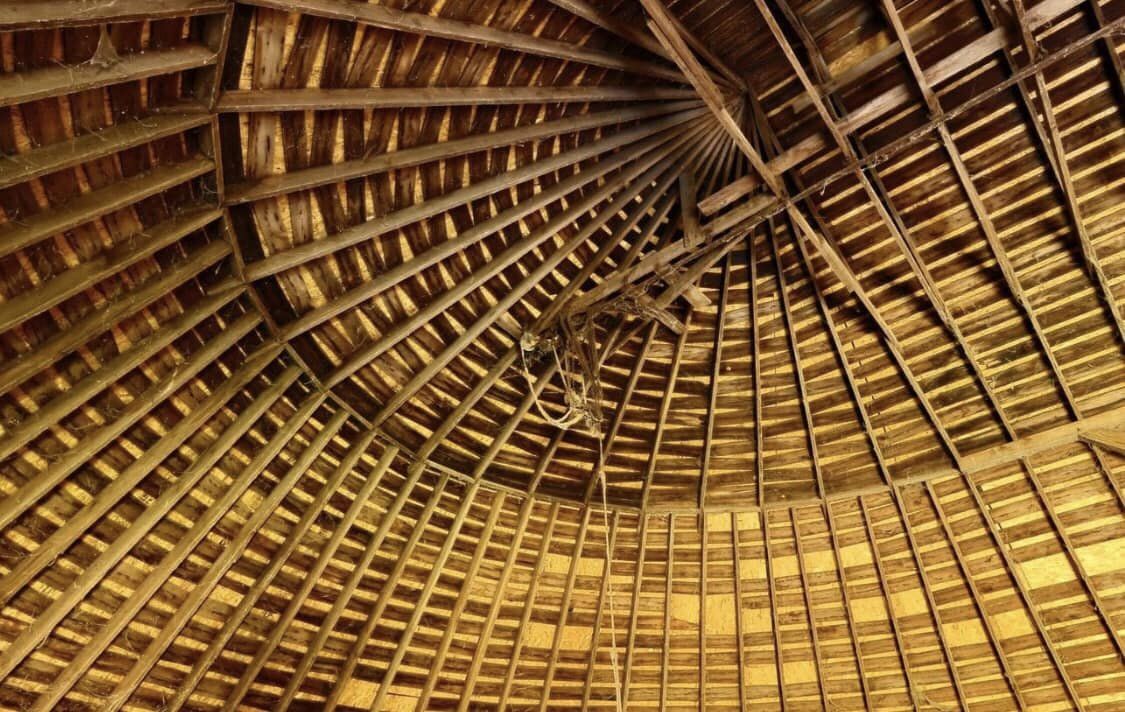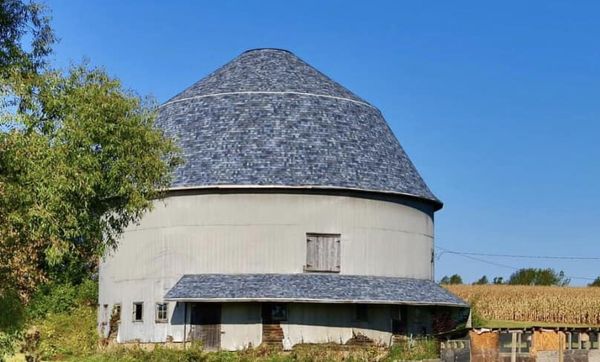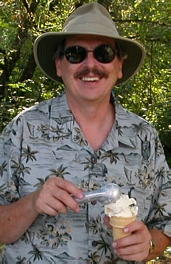
Robert Bike
Licensed
Massage Therapy #5473
Eugene, Oregon
EFT-CC, EFT-ADV
Teaching Reiki Master
Life Coach
Gift Certificates
|
Reiki
Private classes. |
|
Member
OMTA & ABMP President of the Oregon Massage Therapists Association 2008-2010 & 2012-2013 |
|
I
graduated from Freeport (Illinois) High School. |
|
Please
help keep
this site free. Buy one of my books, on sale below. All sales go to help support this website. |
|
Remarkable
Stories, Remarkable
events have happened in Freeport and Stephenson County, Illinois,
and remarkable people have lived there. These are stories gathered
about people and events from 1835 through World War II. |
|
Biblical
Aromatherapy
by Robert Bike 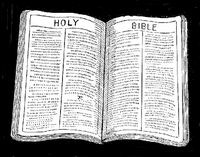
The Bible mentions about 232 plants by name, or closely enough to figure out what plant is meant. Of these, 24 are aromatic plants; that is, parts of the plants can be pressed or distilled to get an essential oil. Essential oils are the lifeblood of plants and have tremendous healing capabilities. The
healing power of plants is the basis for modern medicines.
Originally published in manuscript form in 1999, I completely revised the book and added illustrations. To order
Biblical Aromatherapy in paperback, List price $24.99; introductory offer $19.99 To order the pdf version and download to your computer or phone, The electronic version is only $2.99! |
Publicity!
|
Olga
Carlile, columnist for the Freeport (Illinois) Journal Standard,
featured this website in her column on January 19, 2007. |
|
Harriet
Gustason, another columnist for the Freeport Journal Standard,
has featured this website twice. Click to see pdf of articles:
June 29, 2012 November 3, 2012 |
|
"My
Life Purpose is to inspire my friends |
Robert Bike, LMT, LLC
The Class of 1901
Lancaster Burling,
Lloyd Harlocker, Chester Hoefer, Elmer Hoefer,
Have you ever heard of Duncannon, Illinois? It’s gone now. According to the 1970 History of Stephenson County no one alive in 1970 knew exactly where it was but thanks to satellite photos, you can still see what appears to be outlines of the cabins just north of the corner of N. Pleasant Hill Road and E. Brobst Road. It was a small village in northern Stephenson County, consisting of seven log cabins, a store/post office, a blacksmith and a creamery. One of the log cabins was inhabited by the Haas family, Valentine “Feldy” Haas (1830-1911), who was a farmer and a carpenter, Hannah Cooper Haas (1832-1925) and their 12 children, eight boys and four girls. One of Feldy (named for the felt hat he always wore) and Hannah’s daughters, Florence (1861-1950), married a school teacher, Jeremiah Shaffer (1858-1940), and here’s where the story really gets interesting.
Jeremiah read a report by Franklin King of the University of Wisconsin that a round barn can hold as much as a rectangular barn for 50% less money; stated another way, for the same amount of money, you could use the same materials to build a barn that was 40% larger. Round barns made a lot of sense to Jeremiah, so he enlisted the help of five of Florence’s brothers, George (1858-1941), Emmanuel (1859-1938), Lloyd (1866-1959), Luther (1871-1935), and Homer “Omer” (1879-1965). George was a railroad engineer, his brothers were farmers; all had learned carpentry from their father.
Omer became the
lead carpenter even though he had limited schooling because he had a natural
aptitude for numbers, measuring and cutting.
Jeremiah was the planner and the marketer. He promoted the barns and wrote
the contracts. His approach to persuasion was legendary. He would cut
the bottom out of a rectangular cardboard box, place it on a table and
fill it with oats. Then he would re-form the box into a circle and put
more oats in. Even though the circle had the same perimeter as the rectangle,
it could hold more oats! He got some plans from the Illinois agricultural
experiment station, and Jeremiah Shaffer and his five brothers-in-law
built their first barn in 1901 for Henry Wilkey of Rock Run Township,
and the second for Otis Garlick near Dakota.
Some of the barns the Shaffer/Haas team built were immense. One built for Erwin Richards of Harlem Township in 1904 was 72 feet in diameter, 54 feet high (not including the cupola), and took 53,000 shingles to cover the roof! The cost was $1800 (about $60,000 today). A rectangular barn of the same size would have cost $3000 (about $100,000 today). When the barn was finished, the Ladies Aid of the Eleroy United Brethren Church held a social on the second floor. Entertainment was provided by the Freeport High School Orchestra, the Freeport Imperial Quartet and the Freeport Aeolian Club.
George Washington had the first round-ish barn in America, a sixteen-sided barn constructed on his Dogue Run Farm in Virginia in 1793. The Hatch Act of 1887 established agricultural experiment stations in each state so farmers could learn more efficient techniques. Franklin Hiram King (1848-1911) was a professor of agricultural physics at the University of Wisconsin. King experimented with silos. There were only 91 silos in America in 1882, all square or rectangular, which allowed for silage to be trapped in the corners and spoil. King developed the first successful round vertical wood silo.
In 1889, King designed the first round dairy barn with a round silo in the center, for his brother. It was a design all about efficiency. The farmer saved both in construction costs—a round barn required less materials to enclose the same amount of space—and in the daily workload. Instead of cow stanchions in straight lines, King's design was for one or two circular rows of stanchions around the silo. Working in circles, the farmer saved footsteps while feeding, milking and cleaning.
When King published his findings in agricultural journals, Jeremiah Shaffer saw the potential! The Shaffer/Haas team built at least 40 round barns in Stephenson County, several more in other counties in northern Illinois and southern Wisconsin, and at least one in Minnesota. Within three decades, they would have more round barns standing than anyone else in the world!
Only seven of the 40 round barns that the Shaffer/Haas team built in Stephenson County are still standing, four truly round barns and three round-ended. (Only 10 round-ended barns from all builders survive in America, and three are in Stephenson County!) The early barns had a single gambrel (roof slope); later barns had a two-pitch gambrel, with a steeper lower slope and a less steep upper slope. (see photos)
Round barns look like agricultural cathedrals. I’ve added a couple of photos of early Shaffer/Haas barns with a single gambrel, both a round barn and a round-ended barn with a two-pitch gambrel, and two photos showing the underside of the roofs that demonstrate the fine carpentry skills of the Haas brothers, one showing a round barn, and one showing a round-ended barn.
